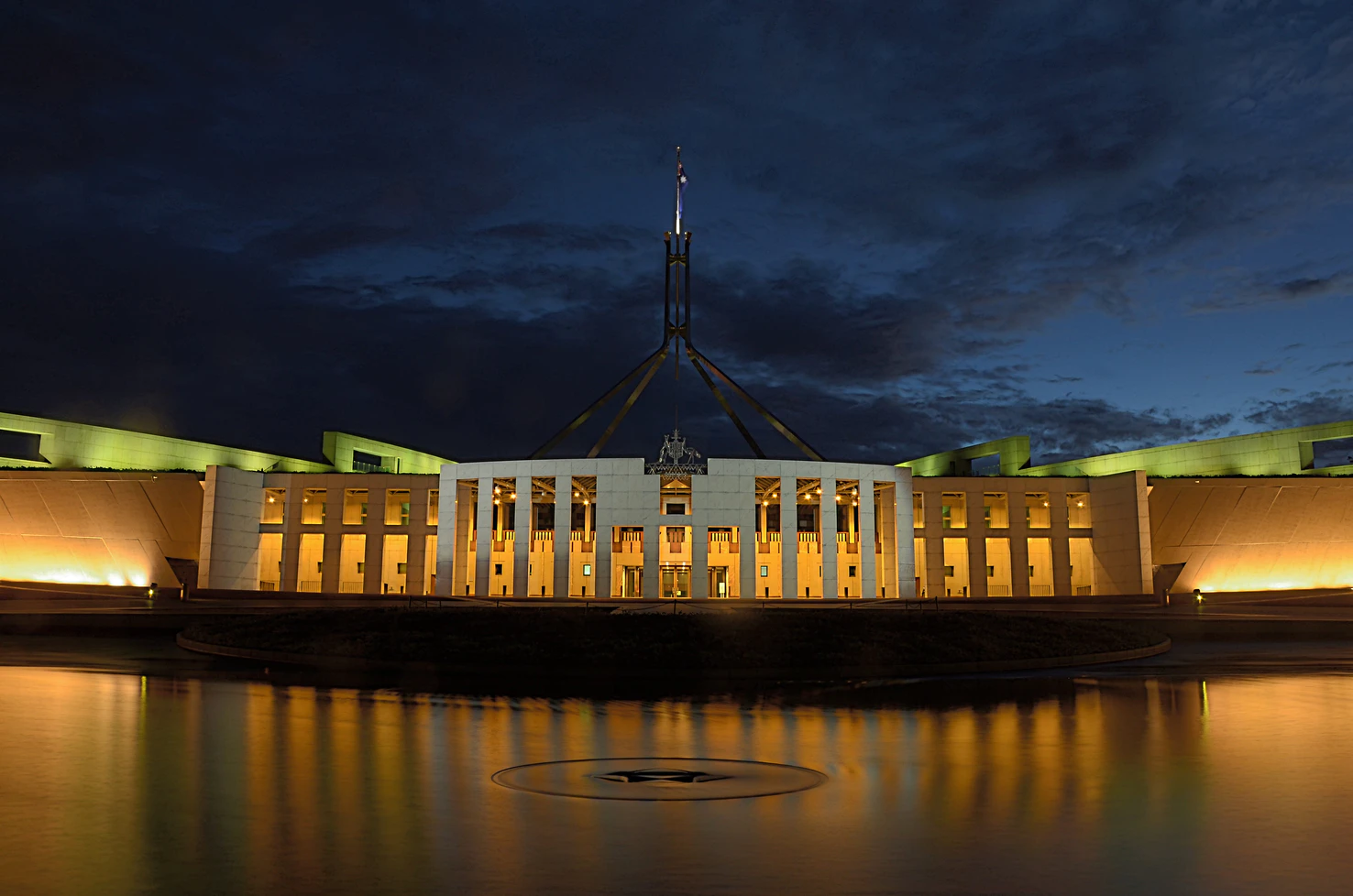After nine years of conservative leadership, Australian voters have now elected Anthony Albanese of the centre-left Labor Party, backing a new era of greater climate change action, gender equality and political integrity.
This election represents a landmark shift in Australia’s climate policy, two-party political system, women’s issues and more, and will have significant implications on markets. And for Madden & Assoc.’s clients this also represents an opportunity to capitalise on these issues and help to lead important conversations in the weeks and months ahead.
General Information
- Anthony Albanese was sworn in on 22nd May local time as Australia’s 31st prime minister
- Some uncertainty remains as to whether the Labor Party will govern as a majority, as they need four more seats to do so and counting the remaining votes could take up to two weeks
- He and Foreign Minister Penny Wong are now in Tokyo for the Quad meeting
- Scott Morrison stepped down as leader of the Liberal Party with former defence minister Peter Dutton set to take over
- Treasurer Josh Frydenberg has most likely lost his safe Liberal seat of Kooyong
Key Themes
- Areas of focus over the next 3 years
- Climate change – Labor cannot afford to not get going on carbon reduction initiatives
- Women – childcare, aged care, gender pay gap
- Integrity – anti-corruption body
- Transparency – a potentially more transparent parliament
What Anthony Albanese has promised to Australia as its next PM
- He vowed to implement policies to address climate change, stagnant wages, closing the gender pay gap, Indigenous recognition and stronger Medicare, Australia’s universal health insurance scheme
- Climate change was a key concern for voters, after three years of record-breaking bushfire and flood events
- On climate change,
- Albanese has committed to not introducing a carbon or mining tax
- He pledged to reach zero emissions by 2050 to help keep global warming under two degrees Celsius
- He vowed to make Australia a renewable energy “superpower”
- Labor said it will make EVs cheaper and build charging stations across the nation, as well as investing AUD $80 million for 16 hydrogen refuelling stations on our busiest freight routes
- Another AUD$194.5 million will be put into Great Barrier Reef protection programs
What does this mean for markets?
- The sharemarket has taken Labor’s election win in its stride but will be sensitive in the coming months to any signs of loose fiscal policy that could spur higher inflation and force rates upward, market watchers say
- Equities have been significantly weaker than normal leading into the election, reflecting the impact of global geopolitics, inflation, and rising interest rates
- Neither party committed to economic policies that would meaningfully impact equity market performance. This election was based more on the pandemic response, national security and issues of affordability which can be less impactful for equity markets.
- Labor’s spending promises are higher than Liberals –and traders will be on the lookout
- Will Labor and the crossbenches will be prepared to repair the Covid-damaged budget?
- Labor will be taking on challenges, including unemployment, rising inflation and interest rates, and AUD$78 billion federal deficit for the 2022-23 financial year
Recent headlines
- Small-target Labor now needs a big agenda – Australian Financial Review
An election win is a win. But the lack of an operational mandate to deal with Australia’s budget, inflation, productivity, taxation, and carbon challenges now becomes Labor’s problem.
The sharemarket has taken Labor’s election win in its stride but will be sensitive in the coming months to any signs of loose fiscal policy that could spur higher inflation and force rates upward, market watchers say.
- ‘New energy’: Albanese and Wong to take South-East Asia and climate policies to Quad meeting – Sydney Morning Herald
Anthony Albanese will leave for Japan immediately after being sworn in as Australia’s 31st prime minister on Monday, taking a package of South-East Asia policies and stronger action on climate change to a meeting of the Quad regional security alliance.

